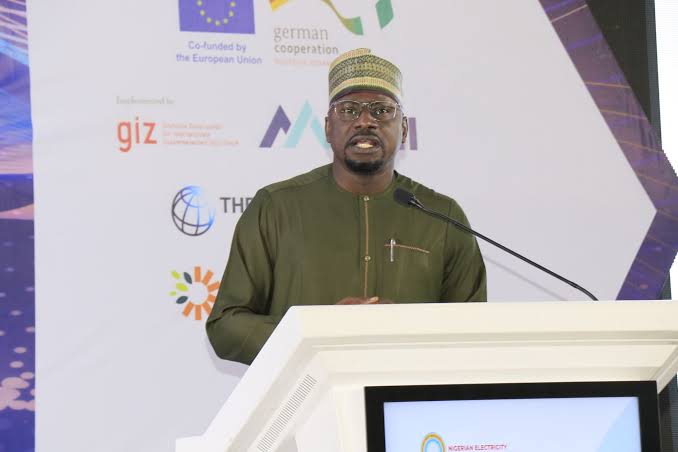Abba Aliyu, the Managing Director and Chief Executive of the Rural Electrification Agency, has revealed that the Nigerian Electrification Strategy Implementation Plan is ready and awaiting approval. He explained that this long-anticipated plan, popularly called NESIP, will serve as a national blueprint for expanding electricity access and strengthening investor confidence in Nigeria’s power sector. Speaking during the 109th edition of the Nextier Power Dialogue, organized by the Electricity Hub in Abuja, he highlighted that the plan has been finalized and only requires approval from the National Economic Council.
Abba Aliyu stressed that NESIP is not just another policy but a strategic framework built to transform energy access. He explained that electricity drives growth, sustains industries, and improves the well-being of citizens. Therefore, a structured plan that promotes both access and reliability will naturally accelerate national development. According to him, the strategy will help households, businesses, and industries secure the power they need to thrive.
He further emphasized that NESIP will restore investor confidence in Nigeria’s energy sector. Investors have often struggled with inconsistent policies and poor coordination across agencies. However, the new strategy creates clarity, reduces risks, and aligns with global best practices. Consequently, private investors will see Nigeria as a stable environment where their investments can deliver results. Aliyu expressed confidence that the plan will open doors for both local and international investors who are eager to support the nation’s energy transition.
The plan also highlights the importance of rural electrification as a driver of inclusive development. Millions of Nigerians in rural areas still live without reliable power, and NESIP directly addresses this gap. By prioritizing renewable energy and off-grid solutions, the strategy ensures that progress reaches underserved communities. Abba Aliyu pointed out that true development is inclusive, and energy must not be a privilege of urban centers alone.
Read more: Togo Launched Second Phase of Business Census
During the dialogue, participants agreed that NESIP represents a bold and timely step. Stakeholders from government, civil society, and the private sector all expressed optimism that the strategy could end the cycle of unfulfilled promises in Nigeria’s power sector. The presence of such diverse voices highlighted a growing consensus that cooperation, transparency, and accountability are key to lasting progress.
Aliyu reassured the audience that NESIP is built on actionable steps, not vague promises. He explained that the plan includes measurable targets, clear timelines, and monitoring mechanisms. These features will ensure that progress can be tracked and that accountability remains strong. Moreover, the focus on both urban and rural electrification reflects a commitment to equity, fairness, and balanced growth.
The expected approval of NESIP by the National Economic Council will mark a turning point for Nigeria’s energy future. For decades, power sector challenges have slowed industrial growth, discouraged investors, and limited opportunities for ordinary citizens. However, the adoption of this plan will show that Nigeria is ready to match vision with execution. Aliyu declared that the time for excuses is over, and the focus must shift to results.
Abba Aliyu reminded Nigerians that electricity is more than power lines and poles; it is the foundation of modern life. Reliable electricity powers hospitals, schools, and industries, while also fueling small businesses and innovations. He expressed optimism that once implemented, NESIP will empower millions, attract investors, and place Nigeria on the path of sustainable progress. The plan, he concluded, is a promise of light, confidence, and prosperity for every Nigerian.





